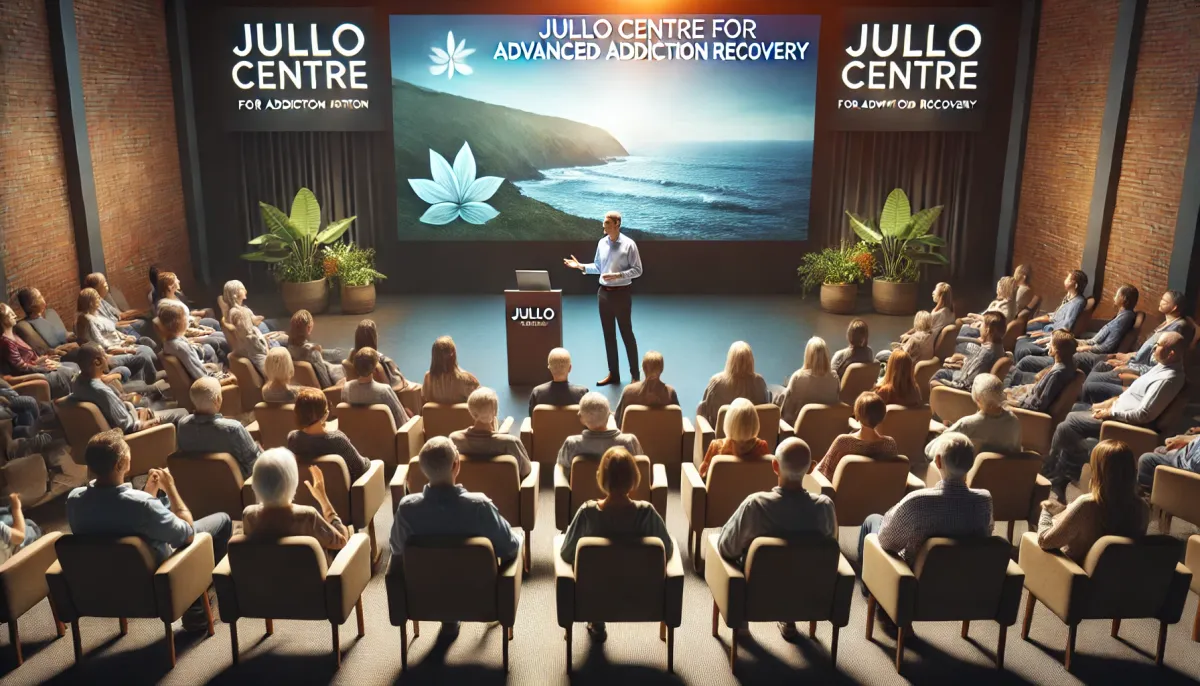Beyond group and individual therapy, the case for facilitating Modified Plenary Sessions for Addiction Recovery - An Integrated Approach by an Experienced Addictionologist

Abstract: This paper explores the multifaceted benefits of plenary sessions in addiction rehabilitation, as facilitated by a master trainer and diagnostician with 32 years of experience in addiction medicine and psychosocial rehabilitation. Through motivational enhancement, 12-step facilitation, and cognitive-behavioral strategies, these sessions offer patients a transformative experience, promoting emotional resilience, cognitive growth, and healthy social interactions.
Introduction: Addiction rehabilitation requires comprehensive methods that address both biomedical and psychosocial dimensions. At the Jullo Centre for Advanced Addiction Recovery, plenary sessions led by expert facilitators serve as pivotal elements in patients’ recovery journeys. These sessions integrate motivational enhancement, 12-step principles, cognitive-behavioral therapy (CBT), and one-on-one support, offering a structured yet dynamic space for self-discovery, emotional processing, and relationship building.
Methods: The plenary sessions involve guided emotional processing exercises, mirror neuron engagement, and consciousness assessment to ensure patients are receptive to learning. Safety, confidentiality, and camaraderie are maintained to create an environment conducive to open sharing. Additionally, patient interactions are closely monitored to detect behavioral patterns that may indicate cognitive or social deficits, such as dependence or enabling behaviors.
Results: Patients demonstrate significant improvements in emotional resilience, cognitive function, and social engagement. Behavioral observations reveal increased empathy, openness to learning, and a reduction in maladaptive social dynamics like bullying or dependency. These outcomes underscore the efficacy of integrated plenary sessions in facilitating holistic recovery.
Discussion: The experience of processing emotions in a safe, supported environment prepares patients to handle future challenges without relying on addictive behaviors. Mirror neuron engagement with the facilitator further promotes self-reflection and empathy, while assessments of cognitive function allow for personalized interventions. These factors contribute to a recovery model that addresses the complex interplay of physical, emotional, and social dimensions of addiction.
Conclusion: Plenary sessions facilitated by a seasoned addiction medicine and psychosocial rehabilitation expert provide patients with invaluable tools for lasting recovery. Through structured emotional and cognitive exercises, patients learn to engage with their emotions, develop resilience, and build supportive relationships. This approach exemplifies a patient-centered model that enhances rehabilitation outcomes, preparing patients for a life of sobriety and purpose



